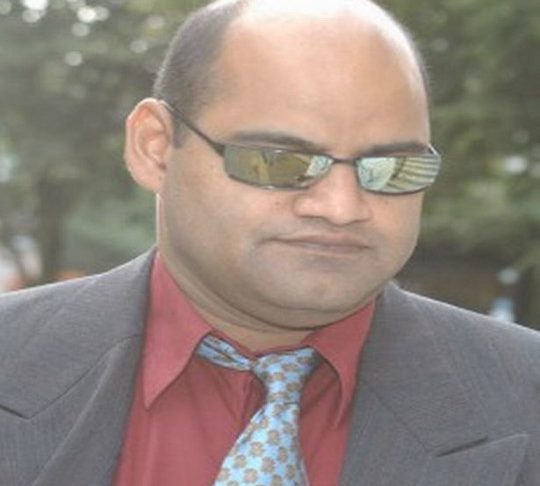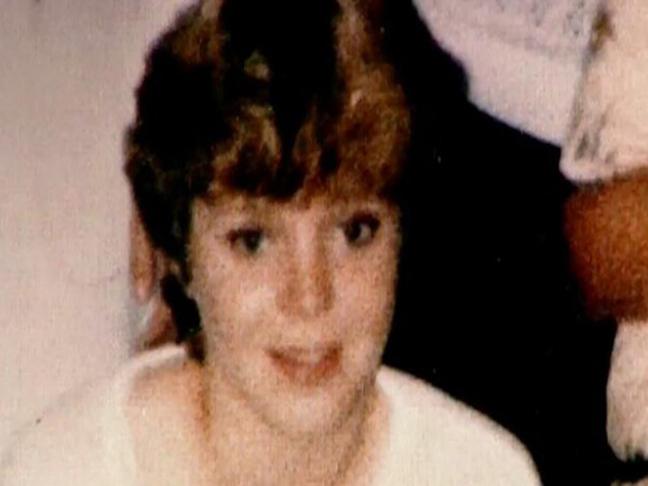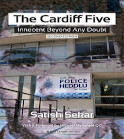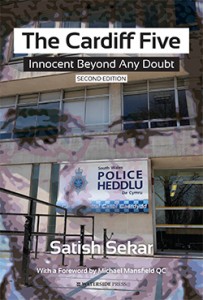
Justice Denied and Disgraced
March 17, 2025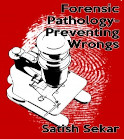
Beastly Origins
March 25, 2025By Satish Sekar © Satish Sekar (March 24th 2025)
The Origins of My Interest in Forensic Pathology
I have a long-standing interest in forensic pathology and its history, an interest that was aided, inspired even, by the recently retired solicitor, Raju Bhatt. Knowing of my interest, which had been facilitated by a scandalous miscarriage of justice suffered by the late Gary Mills and Tony Poole, I asked Bhatt which forensic pathologists I should look out for.
But I was already interested. Something was grossly wrong with the forensic pathology and medical evidence in the case of Gloucester men, Mills and Poole. My quest for justice in that case, and also to improve the criminal justice system in a vital area of law and medicine, got underway in the early 1990s. It took over a decade to help to get those convictions quashed.
That was a rare case indeed, one where several things had gone wrong in the same case, each of which contributed to the disastrous situation that cost a young man his life. None of the various medical conditions alone caused the death of Hensley Wiltshire, but taken together, his life slowly ebbed away, resulting in an entirely preventable fatality that was totally outside of the control of Mills and Poole.
Justice Denied and Justice Delayed
Bhatt had taken over representing Mills and Poole – it was an atrocious injustice for many reasons. They were convicted of the murder of Hensley Wiltshire in 1990, but just over six years later – there was a long delay before their appeal – three Court of Criminal Appeal judges decided that a gross error over the cause of death made by one of the top forensic pathologists in Britain’s recent history, the late Dr Iain West, did not matter.
Nor did the failure to note, let alone treat, several injuries, some of which were obvious. The appeal judges, led by the late Sir Phillip Otton, substituted their preferred cause of death, rhabdomyolysis, the breakdown of damaged muscle-tissue into the body, which was present and contributed to Wiltshire’s death – an entirely preventable one, as Wiltshire was denied treatment that could have saved his life – for the reason accepted by the jury and presented by the Crown at their trial.
Radically Different
Rhabdomyolysis as the main cause of death was radically different to what the jury had heard. They had been assured that Wiltshire had died due to fat embolism – fat had broken down in the body and ‘polluted’ his blood supply. There is no question that fat embolism was detected, but if it played any role in Wiltshire’s death, it was a small part.
Both the prosecution and defence lawyers and the judges all accepted that, as did the medical experts, but there was a big dispute over what had actually caused Wiltshire’s death. The prosecution lawyers, their experts and the judges believed the major cause of death was rhabdomyolysis and the defence and their expert, dubbed ‘the expert’s expert, Donald Trunkey, was adamant that the major cause was blood loss.
Bullying
Trunkey was pressed and pressed into saying that he would have admitted Wiltshire. This was done knowing that British doctors could not have admitted a patient to hospital or kept her or him there against their will.
This was shameful as not only did the judges know this, and that Trunkey’s view on this made no difference whatsoever, but Trunkey was ambushed. He was never told that there was not an iota of unequivocal evidence that Wiltshire had refused to remain in hospital anyway.
Importance
The importance of allocating rhabdomyolysis as the major cause of death was that it would take time for rhabdomyolysis to occur, especially to the point of causing death or being the major cause of death. This was vitally important as the judges made clear. If they were right, it meant the injuries that had caused the major rhabdomyolysis that contributed to death had occurred before Wiltshire had been in police custody and that meant that notorious mystery injuries or not, and also the failure to note rib fractures and other injuries notwithstanding, the police were off the hook.
But all of this and more were matters of fact that were the domain of a jury, not appeal judges. No jury was ever permitted to decide what was the likeliest cause of death, and equally, who, if anyone, was criminally liable.
Another Wasted Opportunity
The Criminal Cases Review Commission (CCRC) took over the task of deciding if cases should be referred back for appeal in 1997. This would prove to be a miserable failure for the organisation. It repeatedly ignored the arguments that had actually been made in favour of utterly irrelevant points.
The jury had been concerned about the evidence that Ian (Neville) Juke could have given as he had been eyewitness to the fights with Mills. Juke had told the Court of Appeal his account in 1996, but the judges concluded that even though the Crown had used its discretion not to disclose Juke’s statements to the defence, Mills could not say that he was wholly unaware of the content of Juke’s second statement, which they wrongly described as an accurate summary of it – it was not – but that was actually a defence point.
If Mills and his lawyers believed that the summary put to Mills in interview by police was indeed accurate, the they could not have risked calling him as a witness. It later emerged that the summary was far from accurate – they had been deceived into not calling Juke.
Too Little Too Late
It took three years and a judicial review to get the CCRC to understand this and that it made no difference whatsoever if Mills had confessed or not. The point was, as it had always been, Mills had been deceived into not calling Juke and the jury had been denied his evidence too. In 2003, the same passage of interview that the 1996 judges had relied on as an accurate summary was dismissed as inaccurate. Fourteen years too late, their convictions were quashed.
The medical and pathology issues were conspicuous by their absence from the 2003 judgement. These issues have never been resolved. Furthermore, the Coroner never ordered an inquest to resolve the issue of the cause of death. Over two decades after Mills and Poole were freed the reason Hensley Wiltshire died remains a mystery never determined by a jury.
But both sets of appeal judges reached conclusions on the reliability of Juke’s claims and the level of violence that allegedly took place in 34 Conduit Street on that fateful night, even though both were matters of fact that was the domain of a jury.

